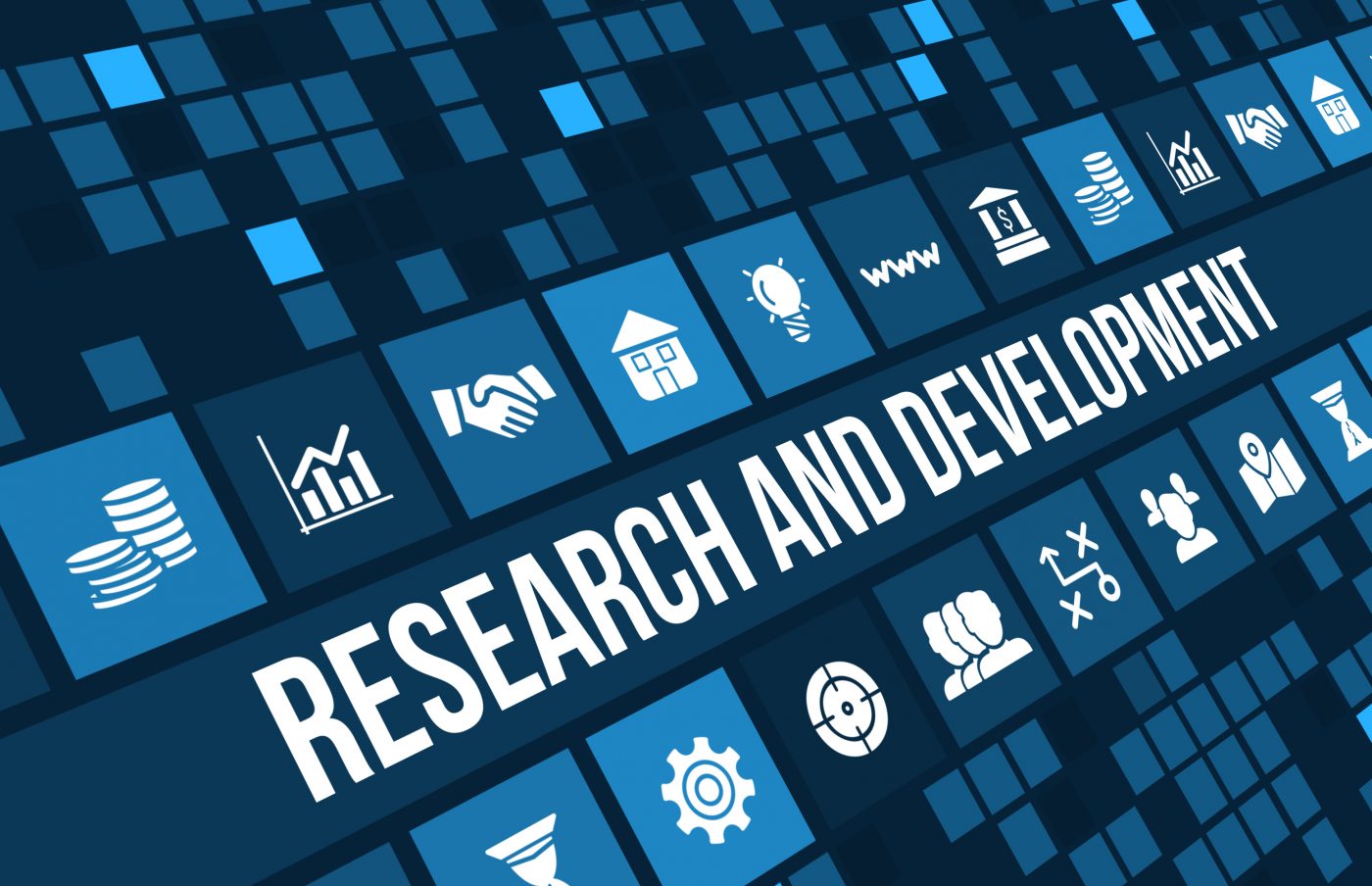PulmoSIM Launched to Repurpose Medications for Rare Lung Conditions

VeriSIM Life has launched a pharmaceutical subsidiary called PulmoSIM Therapeutics (PulmoSIM) to search for new treatments for rare lung diseases.
Using artificial intelligence, PulmoSIM’s goal is to assess which therapies previously approved by the U.S. Food and Drug Administration for certain conditions can be effective for the treatment of rare lung diseases, including pulmonary arterial hypertension (PAH) and idiopathic pulmonary fibrosis (IPF).
“We are thrilled to announce the launch of PulmoSIM as it demonstrates the indefinite capabilities of the VeriSIM’s platform, BIOiSIM, in accelerating drug development by bridging the translational gap between preclinical and clinical phases,” Jo Varshney, PhD, founder and CEO of VeriSIM, said in a press release.
“In contrast to working with pharmaceutical and biotech companies in developing their drug portfolios, the PulmoSIM launch will be the first of many assets we will be developing to solve the most challenging and unaddressed diseases impacting human-kind,” Varshney added.
VeriSIM is a company that creates computer simulations of human physiology (bio-simulations) and developed a software that allows the virtual testing of therapies. The technology combines artificial intelligence/machine learning with disease models. Its computer-based simulations can provide predictions on how a therapeutic compound will perform before advancing to clinical trials.
Now, its subsidiary will focus on faster and cheaper development of medications for respiratory diseases. PulmoSIM will simulate the biological processes of PAH and IPF, in particular, and screen available therapies to identify the ones that are most effective for the treatment of these conditions.
This process of discovering novel uses for existing medications is referred to as drug repurposing. This practice can cut the costs of research and development, and reduce the drug development timeline. Additionally, since these therapies have already shown to be safe in humans, they may not need to go through Phase 1 clinical trials again.
“Out of [more than] 7,000 rare diseases, many exist in hard-to-reach peripheral regions of the respiratory system,” said Vivek Gupta, PhD, scientific founder of PulmoSIM, which “aims to leverage the immense potential drug repurposing has to offer, to tackle at least a few of these rare diseases.”
“Development of affordable, and commercially feasible therapies is one of the many ways to improve quality of life and compliance among the patients suffering from these indications,” he added.
PulmoSIM also announced the formation of its scientific advisory board that includes Samir Mitragotri, PhD (bioengineering professor at Harvard University in Boston), Eva S. Nozik, MD (professor of pediatrics-critical care medicine at the University of Colorado’s School of Medicine, in Denver), and Hugh Smyth, PhD (professor of molecular pharmaceutics and drug delivery at the University of Texas, in Austin).
“Unlike current approaches that seek symptomatic relief, PulmoSIM’s approach is novel as it targets the biology of the disease,” Mitragotri said. “Targeting the underlying disease mechanisms opens the path to effective and life-saving therapies.”







